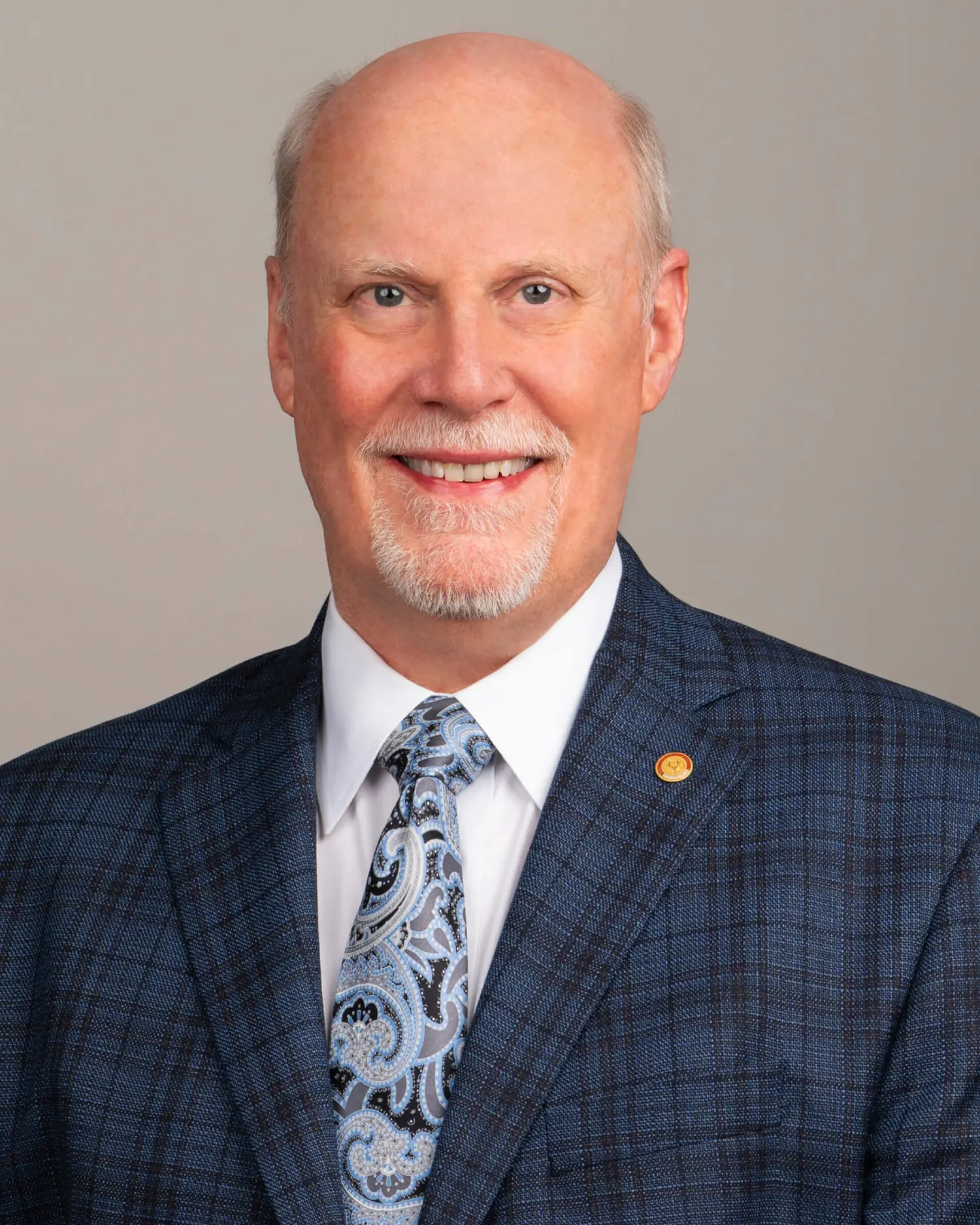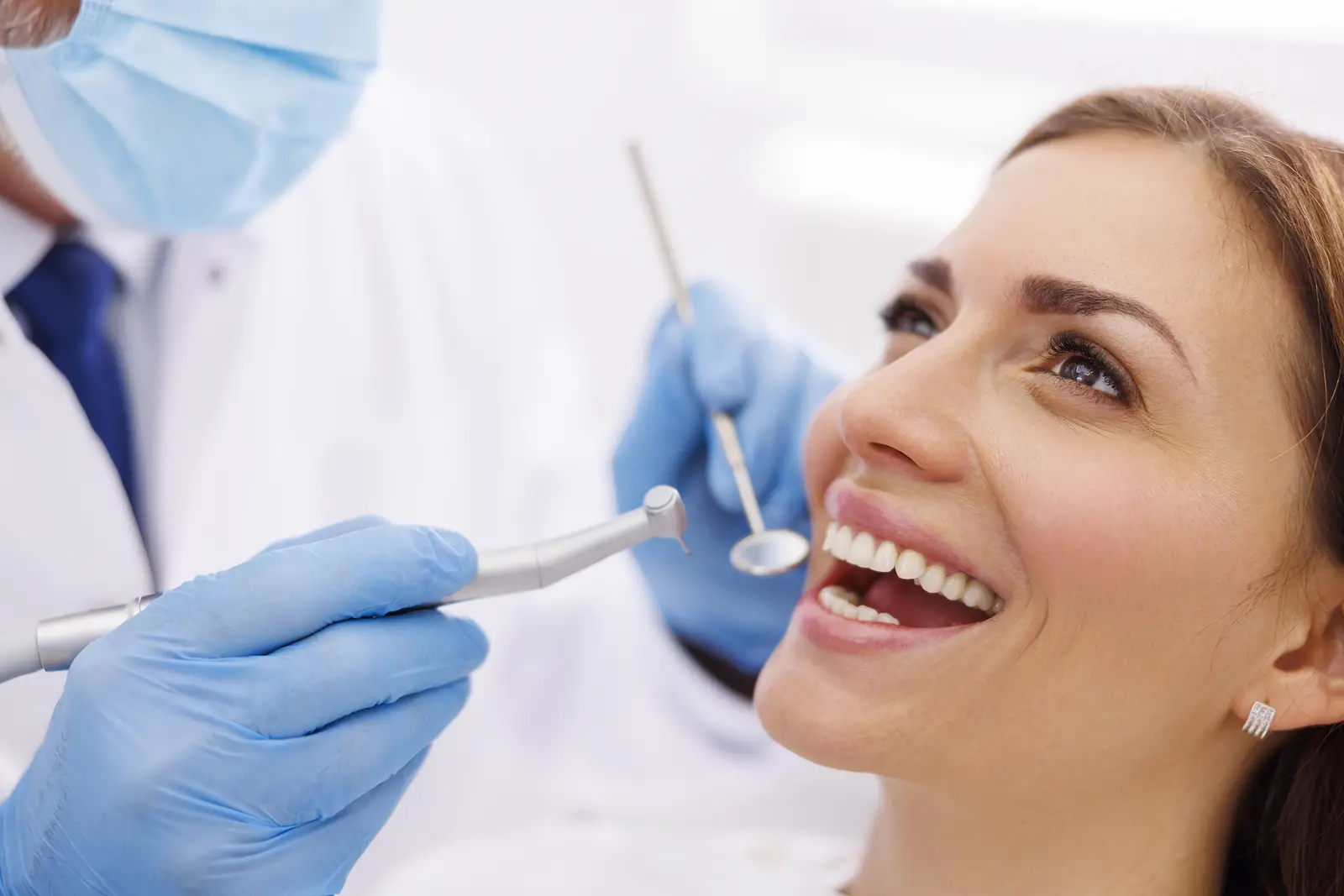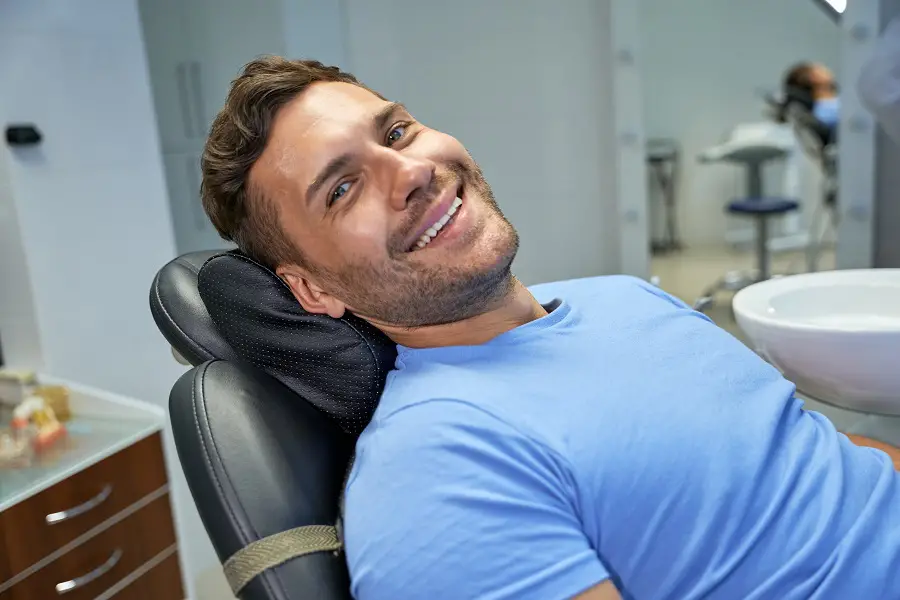Have you ever experienced getting injured while playing sports or were in a serious accident? Oral trauma is one of the most common by-products of accidents and injuries from playing rough sports. If you want to learn more about how we deal with oral trauma in Denton, read on.
While some people might not hold much regard for dental injuries, thinking that they're nothing serious, if left unattended, it might take a turn for the worst. If you continue to ignore it, the damages may become severe and permanent, and you might struggle with having to pay for a more expensive treatment.

What Is Oral Trauma?
Oral trauma is an injury to the mouth or teeth. It can be caused by a single traumatic event or by a series of painful events over a period of time. The most common cause of oral trauma is blunt force trauma, which occurs when the lips or mouth are hit with an object.
Oral trauma can be caused by many factors, including biting your tongue or chewing gum too vigorously. Sometimes it's caused by very old age - as the bone loss becomes more prevalent in the jawbone over time, it may become more difficult to chew food without causing some form of injury to the teeth.
Types of Oral Trauma
Dental trauma is a painful and frustrating thing to experience. There are a couple of different types of oral trauma. But here are just some of the most common types of oral trauma injuries.
Tooth (Crown) Fractures
Tooth fracture is a condition in which the tooth has fractured. The tooth may be cracked or broken into pieces. A tooth fracture can occur if you bite down too hard on an object, such as a carrot or apple.
The type and severity of a tooth fracture will depend on how hard and where the individual bit into something. And also whether it was the front teeth or back teeth that were struck.
A small crack in a front tooth might not even need to be repaired if it's not bothersome to the person, and they can continue to brush their teeth normally. But if they do notice discomfort from either brushing or chewing food, then it's time to have it fixed.
Tooth Intrusion
Tooth intrusion is when a tooth becomes damaged or broken because it has been forced into another tooth. This results from accidents, chewing on hard foods, or having teeth that are too closely spaced together.
Tooth intrusion is not an uncommon phenomenon in the dental world. As many as 1 in 3 patients have had tooth damage at some point in their lives. You can categorize tooth damage as either minor or major intrusions.
Minor intrusions are typically not very serious and may only require a filling to fix the issue. Major intrusions are more severe injuries that often require crowns to restore your teeth' structural integrity and function to your mouth's bite force capabilities.
Tooth Extrusion
Tooth extrusion is the process of pushing out teeth. This process usually starts when the teeth are still in the jawbone. It usually starts with a child's milk tooth or primary tooth and is followed by permanent teeth.
There are three main types of tooth eruption: primary, permanent, and mixed.
Primary tooth eruption includes baby teeth, which start to appear around age six months; they fall out or are lost around age 12.
Permanent tooth eruption begins around the same time. It takes place throughout adolescence and adulthood until all of one’s natural teeth are lost.
The mixed eruption occurs when some primary and permanent teeth emerge at about the same time. This is common in people who have crowded upper teeth.
Tooth Avulsion
An avulsion is when a tooth is torn away from the gum, socket, or bone. It usually occurs when the tooth has been knocked out by a blow to the mouth or by forceps during dental work.
A tooth avulsion can happen in many different ways. It can happen in many different ways. Depending on what is causing the avulsion, it can be classified as either an intra-oral or an extra-oral injury.
For example, if an injury causes a tooth to be knocked out of its socket with forceps during dental work, it would be considered an extra-oral injury.
The same would be said if a person was hit in the mouth and their teeth were dislodged from their gum line because of the impact. An intra-oral avulsion could happen if an individual is not paying attention when they are using their teeth to break off a piece of food.

Looking for a Dentist Who Specializes in Oral Trauma in Denton?
Now that you know the different types of oral trauma injuries and what causes them, you know have a better understanding of what to do when it happens to you.
If you need dental assistance for oral trauma problems in Denton, head on over to Texas Oral Surgery Group. We have trained specialists that can provide you with cutting-edge treatments to fix your problem. Call us today!
Our Locations
3713 W 15th St, #403, Plano, TX 75075
Phone: (972) 596-9242
Email: dduran@oms360.com
Fax: (972) 612-0787
- MON - THU8:00 am - 4:30 pm
- FRI8:00 am - 3:00 pm
- SAT - SUNClosed
2711 Shoreline Dr, #131, Denton, TX 76210
Phone: (940) 387-9015
Email: dduran@oms360.com
Fax: (940) 898-1649
- MON - THU8:00 am - 4:00 pm
- FRI8:00 am - 2:00 pm
- SAT - SUNClosed
- MON - WEDClosed
- THU8:00 am - 4:00 pm
- FRI - SUNClosed
- MON - MONClosed
- TUE - TUE9:00 am - 4:00 pm
- WED - SUNClosed









